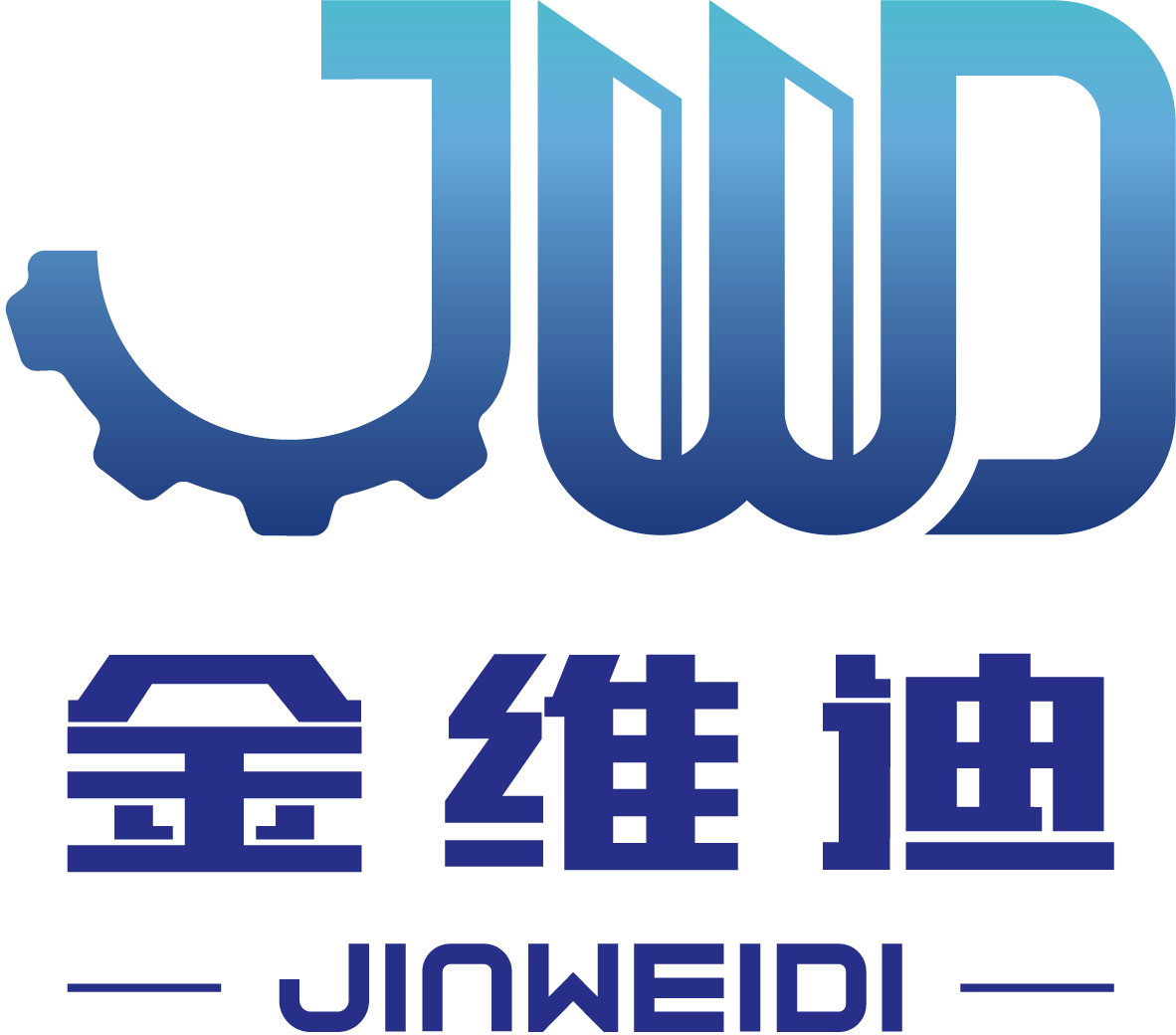Top Trends in Rebar Coupler Production Line Technology: Innovations and Insights
Top Trends in Rebar Coupler Production Line Technology Introduction: The Evolution of Rebar Coupling Technology In the construction industry, the need for strength and reliability is paramount. As structural components like concrete and steel are combined, rebar plays a crucial role in ensuring the integrity of structures. Rebar couplers, which connect rebar segments, have evolved dramatically o
Jul 01,2025
Top Trends in Rebar Coupler Production Line Technology
Introduction: The Evolution of Rebar Coupling Technology
In the construction industry, the need for strength and reliability is paramount. As structural components like concrete and steel are combined, rebar plays a crucial role in ensuring the integrity of structures. Rebar couplers, which connect rebar segments, have evolved dramatically over the years, particularly with advancements in manufacturing technology. Today, we will delve into the **top trends in rebar coupler production line technology**, exploring how these developments enhance efficiency, reduce costs, and improve overall quality.
Table of Contents
- 1. Understanding Rebar Couplers and Their Importance
- 2. Automation in Rebar Coupler Production Lines
- 3. Advancements in Material Science
- 4. Integration of Smart Technology
- 5. Eco-Friendly Manufacturing Practices
- 6. Enhanced Quality Control Mechanisms
- 7. Trends in Market Demands and Applications
- 8. The Future of Rebar Coupler Production Technology
- 9. Frequently Asked Questions (FAQs)
1. Understanding Rebar Couplers and Their Importance
Rebar couplers are mechanical connectors that join two rebar ends, providing a continuous reinforcement bar without the need for overlapping segments. This technology not only saves material but also enhances the structural integrity of concrete elements. As construction projects become more complex, the demand for reliable and efficient rebar couplers has surged, prompting manufacturers to innovate continuously.
2. Automation in Rebar Coupler Production Lines
The **trend towards automation** in rebar coupler production lines is transforming how these essential components are manufactured. Automated systems streamline the entire production process, from cutting and threading rebar to assembling couplers. Here are some key benefits of automation:
Increased Production Speed and Efficiency
Automated production lines can operate 24/7, significantly increasing output. By minimizing human intervention, manufacturers can achieve consistent quality while meeting growing market demands.
Reduced Labor Costs
With automation, companies can reduce their workforce requirements, leading to lower operational costs. This shift allows skilled workers to focus on more complex tasks that require human expertise.
Enhanced Precision
Automation reduces the risk of human error, ensuring that couplers are produced with exact specifications. This precision is critical in construction, where even minor deviations can compromise structural integrity.
3. Advancements in Material Science
Recent advancements in material science have led to the development of **high-strength steel** and other innovative materials used in rebar coupler production. These materials offer several advantages:
Improved Durability and Performance
New materials enhance the strength and durability of couplers, ensuring that they can withstand high loads and environmental stressors.
Weight Reduction
Utilizing advanced materials can reduce the overall weight of couplers without sacrificing strength, making them easier to handle and install on-site.
4. Integration of Smart Technology
Smart technology is making its way into rebar coupler production, revolutionizing how manufacturers operate. Key aspects include:
IoT and Real-Time Monitoring
The Internet of Things (IoT) allows for real-time monitoring of production processes, enabling manufacturers to track efficiency, detect anomalies, and implement corrective measures instantly.
Data Analytics for Continuous Improvement
By harnessing data analytics, manufacturers can gain insights into production performance, leading to informed decision-making and continuous improvement in production strategies.
5. Eco-Friendly Manufacturing Practices
As sustainability becomes a priority across industries, rebar coupler manufacturers are adopting **eco-friendly practices**. This trend encompasses:
Recyclable Materials
Using recyclable materials in production reduces waste and promotes a circular economy, aligning with global sustainability goals.
Energy-Efficient Processes
Implementing energy-efficient technologies not only reduces operational costs but also minimizes the carbon footprint of manufacturing operations.
6. Enhanced Quality Control Mechanisms
Quality control is critical in the production of rebar couplers. Advanced quality assurance mechanisms include:
Automated Inspection Systems
Automated inspection systems utilize sensors and cameras to monitor the production process, ensuring that every coupler meets stringent quality standards.
Advanced Testing Techniques
Utilizing advanced testing techniques, such as non-destructive testing, allows manufacturers to assess the integrity of couplers without damaging them, ensuring safety and reliability.
7. Trends in Market Demands and Applications
The construction industry's evolving landscape has led to shifting market demands for rebar couplers. Key trends include:
Customization and Versatility
Clients increasingly seek customized solutions tailored to specific construction projects, driving manufacturers to innovate and adapt their product offerings.
Growing Use in High-Rise Buildings and Infrastructure Projects
As urbanization accelerates, the demand for high-performance rebar couplers in high-rise buildings and large infrastructure projects has surged, leading to increased production capacity requirements.
8. The Future of Rebar Coupler Production Technology
Looking ahead, the future of rebar coupler production technology is promising. Key focal points include:
Continued Innovation
The race for innovation will continue, with manufacturers investing in research and development to create even more advanced and efficient rebar couplers.
Collaboration Across Industries
As the construction and manufacturing industries evolve, collaboration between stakeholders will foster innovation and promote best practices, ultimately leading to enhanced safety and performance in construction.
9. Frequently Asked Questions (FAQs)
What are rebar couplers, and why are they important?
Rebar couplers are mechanical devices that connect two pieces of rebar. They are essential for creating strong, continuous reinforcement in concrete structures, ensuring safety and longevity.
How does automation improve rebar coupler production?
Automation increases production speed, reduces labor costs, and enhances precision, leading to higher quality products and greater efficiency in manufacturing.
What materials are commonly used in the production of rebar couplers?
High-strength steel and other advanced materials are commonly used to produce rebar couplers, offering improved durability and performance.
How can smart technology benefit rebar coupler manufacturers?
Smart technology enables real-time monitoring of production processes, data-driven decision-making, and enhanced operational efficiency.
What eco-friendly practices are being adopted in rebar coupler production?
Manufacturers are using recyclable materials and implementing energy-efficient processes to reduce their environmental impact and promote sustainability.
Conclusion
The trends in rebar coupler production line technology reflect the industry’s commitment to innovation, efficiency, and sustainability. As we continue to see advancements in automation, material science, and smart technology, the future of rebar couplers looks promising. Embracing these trends not only enhances manufacturing processes but also significantly contributes to the safety and durability of construction projects worldwide. As we move forward, staying abreast of these developments will be crucial for stakeholders in the construction and manufacturing industries.
PREVIOUS:
Related Posts
Contact Us
E-mail:
jwd_machinery@sina.com
Phone/WhatsApp:
+86 18515871688
Address:
North side of 7th Road, Taocheng North Industrial Park, Hengshui City, Hebei Province, China




